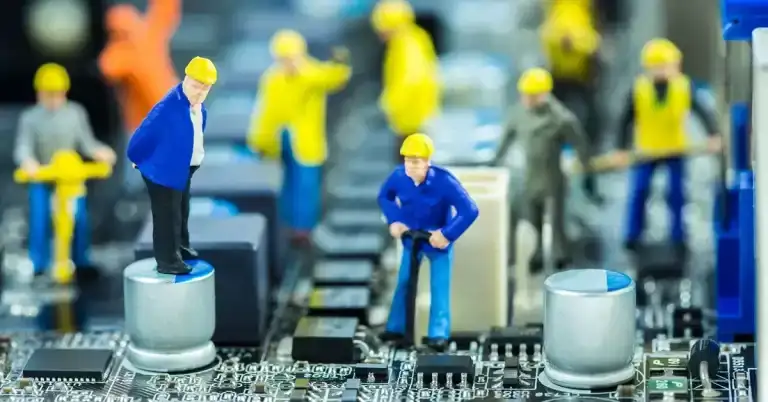Is It Time to Upgrade Your Computer? Signs and Solutions
In the rapidly evolving world of technology, computers are constantly being updated with cutting-edge features, making them essential gadgets for tech enthusiasts. But how do you determine when it’s time to upgrade your trusty old laptop or desktop? This article sheds light on the telltale signs that your computer might be nearing its end and offers some handy tips to squeeze out a bit more life from it.
Signs Your Computer Needs an Upgrade:
Lagging Performance: If your computer takes ages to respond or frequently hangs, it’s a clear sign that it’s struggling. Modern software and applications demand more from the CPU, and if your computer can’t keep up, it’s time for a change.
Overheating Issues: Regular overheating can indicate that your CPU is overburdened. While limiting the number of applications can help, it’s not a long-term solution.
Frequent Freezes or Boot Failures: The dreaded Blue Screen of Death (BSoD) is a nightmare for any user. Regular system crashes or boot failures can indicate RAM or CPU issues.
Hardware Compatibility: As software evolves, older hardware components might not support them. If you find that newer software or operating systems aren’t compatible with your computer, consider an upgrade.
Optimizing Your Current Computer:
Before you decide to invest in a new computer, consider these optimization tips:
Clean Up Your System: Tools like CCleaner can help declutter your computer by removing unwanted applications and files, freeing up disk space and allowing your CPU to function more efficiently.
Upgrade Your RAM: If your computer is slowing down, consider adding more RAM. It’s one of the most cost-effective upgrades that can significantly boost performance.
Consider Hardware Upgrades: Sometimes, replacing specific components like the graphics card, sound card, or even the CPU can breathe new life into your computer. Assess if these upgrades are more economical than buying a new system.
New Hard Drive: If your computer’s storage is almost full or if it’s using an older HDD, consider upgrading to an SSD. It can drastically improve boot times and overall system responsiveness.
To Upgrade or Not?
Weigh the costs and benefits. Sometimes, a few tweaks can extend your computer’s life by a couple of years. However, if you find that the costs of upgrades are close to or more than a new system, it might be time to treat yourself to a brand-new computer.


